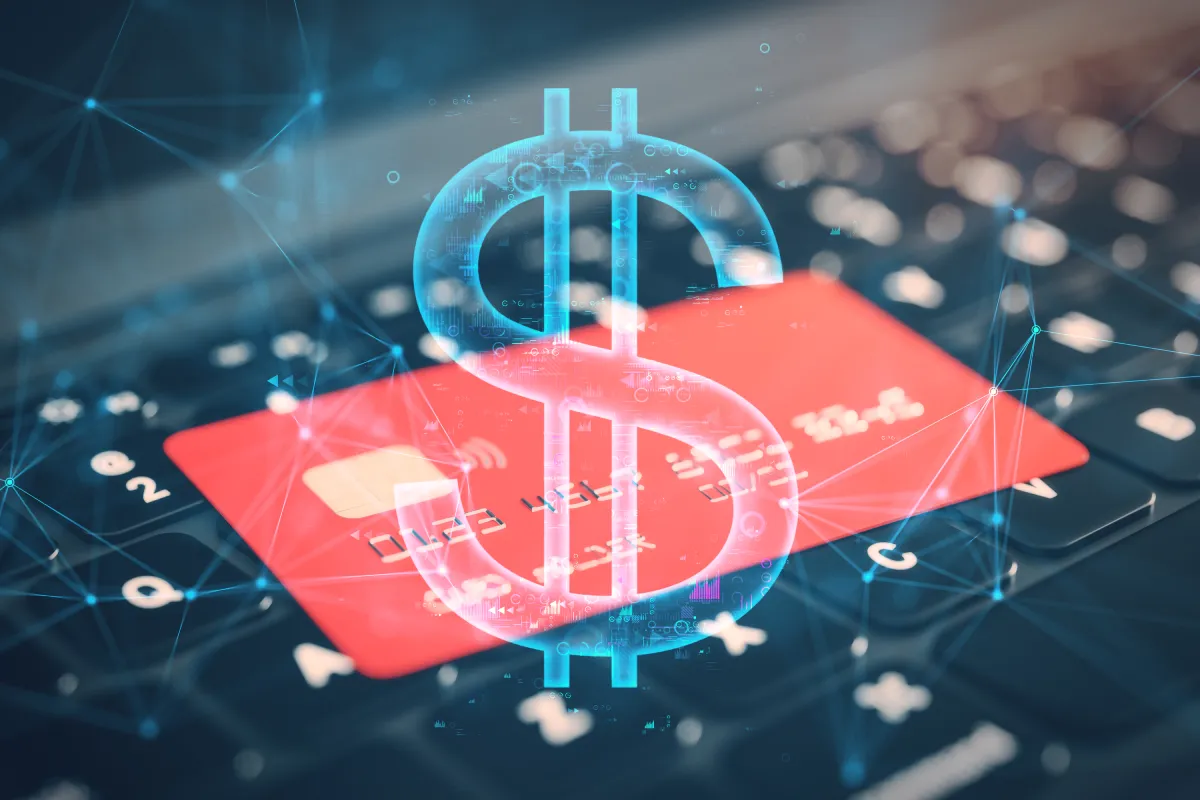The Use of Digital Currencies in Enhancing Online Privacy
In the digital age, privacy has become a paramount concern. As more aspects of our lives transition online, the need for secure and private transactions has never been more critical. Digital currencies are emerging as a powerful tool in enhancing online privacy, offering solutions that traditional financial systems struggle to provide. This article explores how digital currencies are reshaping the landscape of online privacy, providing users with greater control over their financial information.
The Evolution of Online Privacy
The Growing Importance of Privacy in the Digital World
With the proliferation of online services, the amount of personal data shared over the internet has skyrocketed. From social media to online banking, nearly every interaction we have online involves some exchange of personal information. This growing digital footprint has made privacy a key concern for individuals and businesses alike. Traditional financial systems, while secure, often lack the privacy features needed to protect users from the ever-increasing threats of data breaches and identity theft. You can also explore Bitpro Pulse for further information.
The Shortcomings of Traditional Financial Systems
Traditional financial systems rely heavily on centralized institutions, such as banks, to facilitate transactions. While these institutions offer a level of security, they also require users to share a significant amount of personal information. This data is stored on centralized servers, making it a target for hackers and other malicious actors. Moreover, centralized systems often involve third parties, increasing the number of entities with access to sensitive information. This setup can lead to a loss of control over one’s data and exposes users to potential privacy breaches.
How Digital Currencies Enhance Online Privacy
Decentralization: The Foundation of Privacy
One of the core principles of digital currencies is decentralization. Unlike traditional financial systems, digital currencies operate on decentralized networks, eliminating the need for a central authority. This decentralization is crucial for enhancing online privacy, as it allows users to conduct transactions without revealing their identities or personal information. By removing the middlemen, digital currencies reduce the number of entities that have access to transactional data, thereby minimizing the risk of privacy breaches.
Anonymity and Pseudonymity in Digital Transactions
Digital currencies offer varying degrees of anonymity and pseudonymity, allowing users to protect their identities when conducting transactions. While some digital currencies offer complete anonymity, others provide pseudonymous transactions, where users are identified by unique addresses rather than their real names. This feature is particularly valuable for individuals who wish to keep their financial activities private, whether for personal or professional reasons.
Encryption and Security Protocols
Digital currencies utilize advanced encryption techniques to secure transactions. These security protocols ensure that only the parties involved in a transaction can access the details, providing an additional layer of privacy. Moreover, the use of cryptographic keys in digital currencies prevents unauthorized access to funds, further enhancing the security and privacy of online transactions.
The Role of Digital Wallets in Protecting Privacy
What Are Digital Wallets?
Digital wallets are essential tools for managing and storing digital currencies. They allow users to send, receive, and store their digital assets securely. Unlike traditional bank accounts, digital wallets do not require users to disclose personal information, making them a vital component in maintaining online privacy.
Privacy Features of Digital Wallets
Many digital wallets offer privacy-focused features, such as anonymous account creation and the ability to generate multiple addresses for different transactions. These features allow users to compartmentalize their transactions, making it difficult for anyone to trace their entire transaction history. Some digital wallets also support privacy-enhancing technologies, such as coin mixing, which further obfuscates transaction details and enhances user privacy.
Challenges and Considerations
Balancing Privacy and Compliance
While digital currencies offer enhanced privacy, they also face regulatory challenges. Governments and regulatory bodies are concerned about the potential misuse of digital currencies for illegal activities, such as money laundering and terrorism financing. As a result, there is ongoing debate about how to balance the privacy features of digital currencies with the need for regulatory compliance. Some digital currencies have implemented know-your-customer (KYC) and anti-money laundering (AML) protocols to address these concerns, but this often comes at the cost of reduced privacy.
The Future of Privacy in Digital Currencies
As digital currencies continue to evolve, so too will the technologies and protocols that support them. Innovations such as zero-knowledge proofs and privacy-focused blockchains are already being developed to further enhance the privacy of digital currency transactions. These advancements promise to provide users with even greater control over their financial information while addressing the concerns of regulators.
Conclusion
Digital currencies represent a significant advancement in enhancing online privacy. By leveraging decentralization, encryption, and privacy-focused technologies, they offer users unprecedented control over their financial information. While challenges remain, particularly in balancing privacy with regulatory compliance, the future of digital currencies looks promising. As these technologies continue to evolve, they will undoubtedly play a crucial role in safeguarding online privacy in the digital age.

Leave a Reply